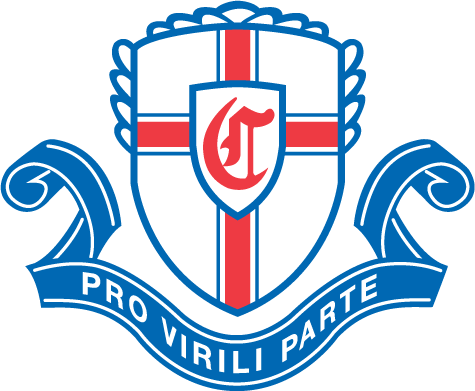Assessment and Reporting
REPORTING
Communicating Student Learning
Over the last few years, BC’s educational curriculum underwent an important change. The redesigned curriculum will provide students with necessary skills for their future. To support the redesigned curriculum, a new approach to assessment and reporting is being implemented called Communicating Student Learning or CSL.
A guiding principle for Communicating Student Learning is to focus on providing information that advances learning rather than focusing on measuring learning. The approach helps students and families answer three reflective questions:
- Where is the student now?
- Where are they going?
- How do they get there?
Reporting is part of an overall approach to assessment and communication that aims to provide a more complete picture of how students are doing at school and how their learning is developing. Through active participation in the assessment process, students are provided with, and reflect upon, meaningful information and feedback about their learning, so they are more empowered to reach their learning goals. Families have more involvement as partners in the learning process, which provides opportunities for them to find out about the most effective ways to support and improve the student’s learning.
Marks reflect a student’s mastery of the curricular competencies of a course. Competency may be demonstrated through products (tests, projects), class discussion, other forms of class participation, teacher observations, teacher conferences or other means. For course-specific information, teachers may be contacted directly by email, via the school website.
MyEdBC
The Student/Family portal of MyEdBC allows families to view students’ report cards and attendance and is also the vehicle for student course selection each year.
Parents and students need to know the following information in order to access the Student/Family portal:
· Login ID – this is the student number.
· Password – this password is set by the student/family.
· Security question and answer.
· Primary email address should be changed to personal email.
Core Competencies (BC Ministry of Education) - STUDENT ASSESSMENTS
The core competencies along with literacy and numeracy foundations and essential content and concepts are at the centre of the redesign of curriculum and assessment. Core competencies are sets of intellectual, personal, and social and emotional proficiencies that all students need to develop in order to engage in deep learning and life-long learning. Through provincial consultation, three core competencies were identified.
Communication -The communication competency encompasses the set of abilities that students use to impart and exchange information, experiences and ideas, to explore the world around them, and to understand and effectively engage in the use of digital media.
Thinking - The thinking competency encompasses the knowledge, skills and processes we associate with intellectual development. It is through their competency as thinkers that students take subject-specific concepts and content and transform them into a new understanding. Thinking competence includes specific thinking skills as well as habits of mind, and metacognitive awareness.
Personal and Social - Personal and social competency is the set of abilities that relate to students' identity in the world, both as individuals and as members of their community and society. Personal and social competency encompasses the abilities students need to thrive as individuals, to understand and care about themselves and others, and to find and achieve their purposes in the world.
Core competencies are evident in every area of learning; however, they manifest themselves uniquely in each discipline. In the current drafts of the redesigned curricula, competencies are embedded and evident within the learning standards. Competencies come into play when students are engaged in “doing” in any area of learning. This includes activities where students use thinking, collaboration, and communication to solve problems, address issues, or make decisions. The ultimate goal is for learners to employ the core competencies every day in school and in life, and for the core competencies to be an integral part of the learning in all curriculum areas.
Importance of self-assessment
Students come to the classroom with experiences and knowledge related to Core Competencies. Self-assessment will allow them to develop the ability to describe themselves as unique individuals in relation to the Core Competencies. They will set goals and gain ownership of their learning when they have the opportunity to self-assess and describe who they are as learners, document their progress, and share their accomplishments in an ongoing and holistic manner.
Research on assessment emphasizes the importance of students developing reflective language and metacognition (i.e., the ability to think about thinking) in order to engage in effective self-assessment. It is important that, over time, students:
- gain the ability to assess their own strengths
- create realistic and achievable goals
- construct a clear plan to reach their goals
- provide examples and evidence of their learning
- revisit previous documentations of self-assessment, where applicable, to monitor their growth

